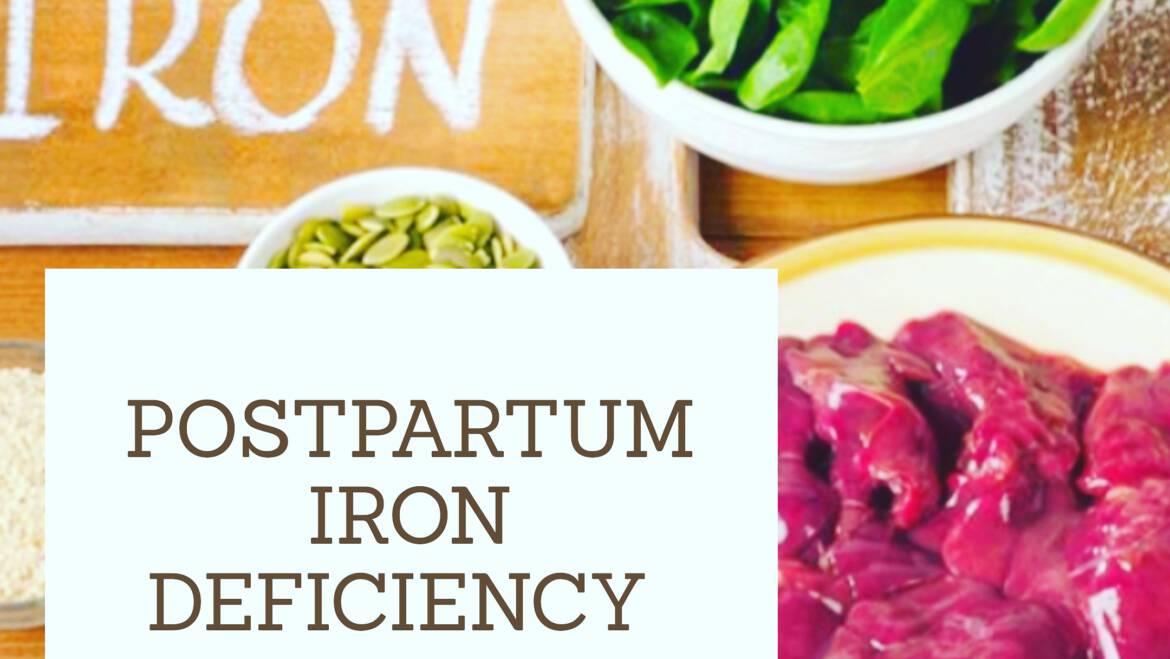Are you struggling with postpartum iron deficiency or postpartum anaemia?
Iron deficiency and anaemia during the postpartum period may have long-term health implications for the mother and her infant. Mothers with low iron stores at the time of delivery and following childbirth may experience fatigue, altered cognition and depressive symptoms.
If iron stores are not restored soon after childbirth, the negative consequences of postpartum iron deficiency and anaemia may continue through other stages of the reproductive cycle.
Iron absorption is affected by the type of iron in the diet. Non-haeme iron is the main form of dietary iron, it’s present in many vegetables. It’s absorption is affected by several factors in the diet including phytates, iron-biding phenolic compounds, calcium which decreases absorption and vitamin C which facilitates absorption.
Haema iron, present only in meat, poultry and fish, is less affected by dietary factors.
You can enhance the absorption of iron from meals by eating foods high in vitamin C, vitamin A or beta-carotene. Eating meat, fish or poultry with other foods can also help.
Foods high in vitamin C include citrus fruits, dark green leafy vegetables, bell peppers, melons and strawberries.
In vegetarian and vegan diets, iron absorption may be optimised by including vitamin C-containing vegetables during meals.
Some studies suggest adding Vitamin A rich foods can increase iron absorption. Good food sources of beta-carotene and vitamin A include carrots, sweet potatoes, spinach, kale, squash, red peppers, cantaloupe, apricots, oranges and peaches.
Reference: WHO Guideline “Iron supplementation in postpartum women”.

